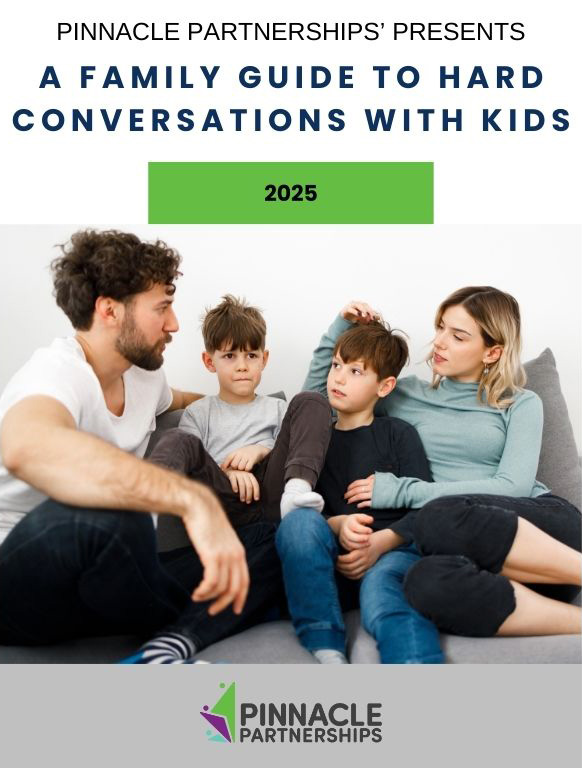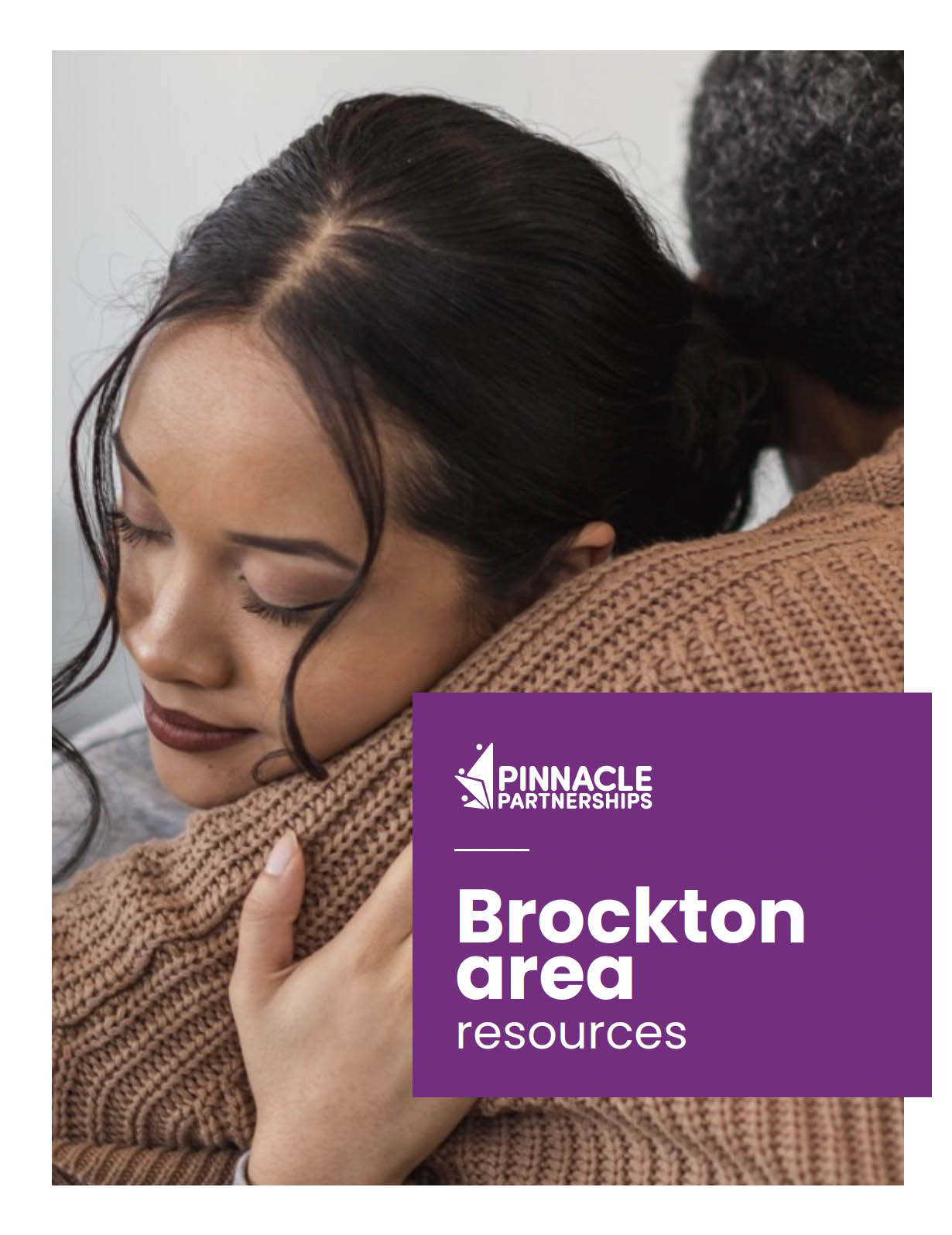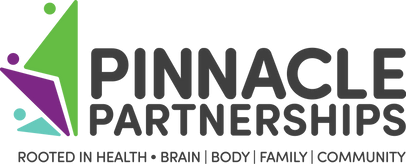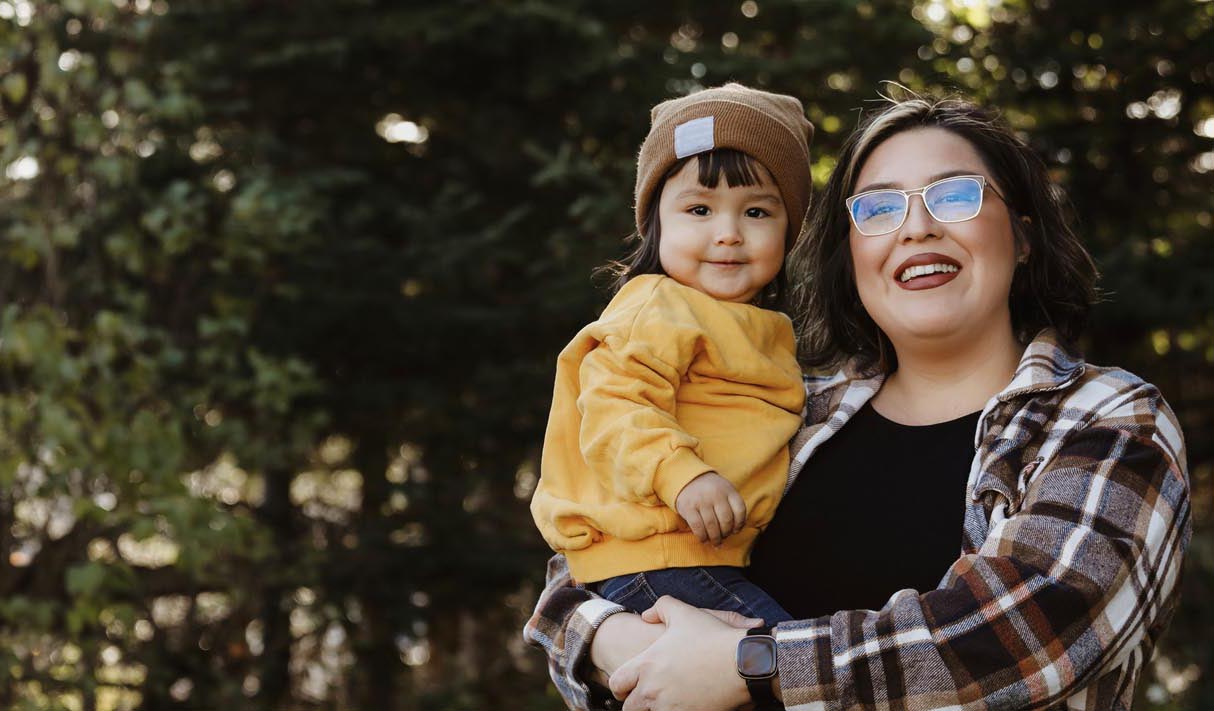Resources
Mental Health Resources

Navigate the challenging task of discussing global events with your children through our insightful e-book, ‘A Family Guide to Hard Conversations with Kids’.
Packed with empathetic guidance and practical strategies, this resource empowers parents to approach complex topics with confidence. Learn how to foster open dialogue, address misinformation, and instill hope, ensuring your conversations are both meaningful and age-appropriate. Ideal for today’s conscientious parent seeking to raise well-informed, resilient children in an ever-changing world.
Brockton Area Resource Guide
Access a curated selection of resources designed to address both basic needs and mental health support. Whether you are seeking help with food, housing, or finding the right mental health provider, our guide offers practical information and connections to services that can make a real difference in your life.

McLean OnTrack Clinic
The McLean OnTrack clinic addresses the unique needs of people experiencing a first episode of bipolar disorder, specializing in the early recognition and treatment of bipolar spectrum disorders and other conditions presenting with psychosis or mania with psychosis for adults ages 18 to 30.
National Alliance on Mental Illness (NAMI)
NAMI is the nation’s largest grassroots mental health organization dedicated to building better lives for people with mental illness. NAMI has hundreds of local chapters and affiliates across the country with thousands of volunteer leaders in communities working to raise awareness and provide free education, advocacy and support group programs.
Federation for Children with Special Needs
Provides information and referral services for families of children with special needs. If you have a question about the special education system, call the Federation’s Parent Training and Information referral line at 617-236-7210 for a free consultation. Attend a basic rights workshop to learn all about your rights as a parent of a child with special needs.
Pediatric Neuropsychiatry and Immunology Program at Massachusetts General Hospital
Within the OCD & Related Disorders Program – run by Dr. Kyle Williams, evaluation and treatment of children with possible PANS/PANDAS and related disorders. Paula Downes manages referrals to this specialty program and can be reached at 617-724-0198.
Think: Kids
A clinic treating children with challenging behaviors and their families using Collaborative Problem Solving (CPS) model. The telephone number for Think:Kids is 617-643-6030.
The Center for Early Detection, Assessment & Response to Risk (CEDAR) Clinic
The CEDAR clinic is a specialized center for young people aged 12-35 who are experiencing new or worsening symptoms that may be warning signs for psychosis. CEDAR helps young people and their families understand recent changes in thoughts, feelings or behavior, consider treatment options, stay on track or get back on track with work, school or self-care and learn strategies for reducing stress and increasing protective factors.
The Massachusetts Sibling Support Network
The Massachusetts Sibling Support Network developed by Emily Rubin, MA is committed to supporting siblings of people with disabilities in the following ways: creating welcoming communities for siblings across the lifespan; improving the range and availability of sibling support services; and providing education about sibling-related issues.an evidence-based, family-centered, mental health care initiative focused on improving outcomes for siblings of psychiatrically-involves children and adolescents.
The Systems & Psychosocial Advances Research Center (SPARC)
The Systems & Psychosocial Advances Research Center (SPARC) is a University of Massachusetts Medical School Department of Mental Health Research Center of Excellence. SPARC conducts research to enhance services, improve the quality of life, and promote recovery for people with behavioral health conditions. This website contains a wealth of information about their research, clinical services, and resources for patients and their families.
Transitions to Adulthood Center for Research (ACR)
The Transitions to Adulthood Center for Research is a NIDRR-funded Center that aims to improve supports for youth and young adults, ages 14-30, with serious mental health conditions who are trying to successfully complete their schooling and training and move into rewarding work lives.


